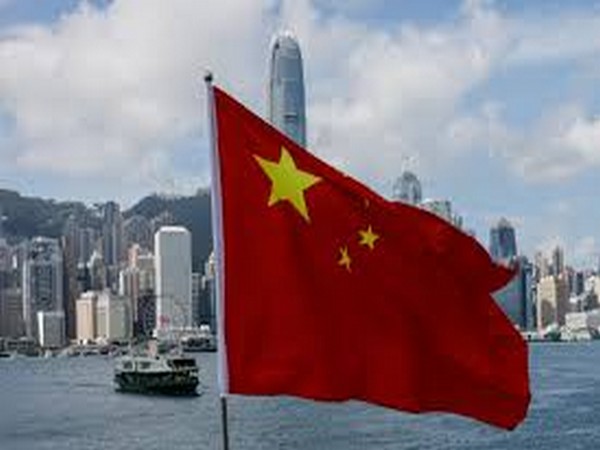LG's Hidden Ties: The Forced Labor Behind China Operations
A revealing investigation uncovers LG's direct involvement in forced labor at its Chinese factory, highlighting broader issues with global brands' complicity in China's controversial labor programs. Despite urging from rights groups and evidence of coercive practices, LG maintains its operations, drawing international scrutiny.

- Country:
- United Kingdom
In a startling reveal, the Bureau of Investigative Journalism has disclosed that LG, a South Korean technology conglomerate, owns and manages a factory in China employing ethnic minorities under China's contentious labor transfer initiative. This scheme has been heavily criticized by human rights organizations as a form of state-imposed forced labor.
The United Nations Office of the High Commissioner for Human Rights voiced significant concerns in March 2021, addressing these forced labor allegations to the South Korean government. These concerns involved Chinese factories linked to major Korean corporations, including Samsung and LG.
Despite LG's public assertions of severing ties with the supplier in question, it has not revealed its ownership of LG Panda Appliances. This China-based factory in Jiangsu province employs workers transferred from Xinjiang, casting doubt on the company's claims of non-involvement. Evidence surfaced from a video by a Kazakh herder-turned assembly line worker for LG, depicting the continued exploitation under China's labor transfer strategy.
The investigative efforts by the Bureau of Investigative Journalism, in collaboration with The New York Times and Der Spiegel, have further illustrated that LG's predicament is not isolated. Their extensive inquiry found ties of at least 100 global companies to China's forced labor networks. However, LG is one of the first to be directly implicated through ownership rather than indirect supply chain connections, as confirmed by labor recruiters and internal informants who noted LG Panda's job transfers were sanctioned by LG's headquarter in South Korea.
Despite frequent communication attempts, LG has remained silent on these allegations, continuing to run another Jiangsu-based factory using laborers transferred from Xinjiang. Over 90,000 consignments have been shipped globally since the program's start, headed to markets such as Germany and Poland. Labor rights specialists caution that multinational companies are neglecting to confront the harsh realities within their operations. Leading forced labor scholar Laura Murphy emphasized, "This isn't about indirect complicity. It's about direct involvement." With scrutiny mounting, international investors and governments are urged to impose significant measures against firms benefiting from China's coercive labor frameworks.
(With inputs from agencies.)
- READ MORE ON:
- LG
- forced labor
- China
- Beijing
- Uyghur
- Xinjiang
- factory
- Jiangsu
- human rights
- investigation










